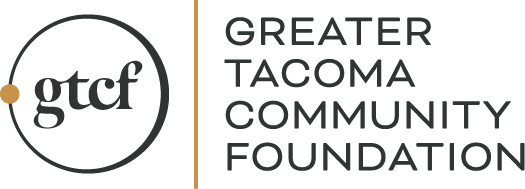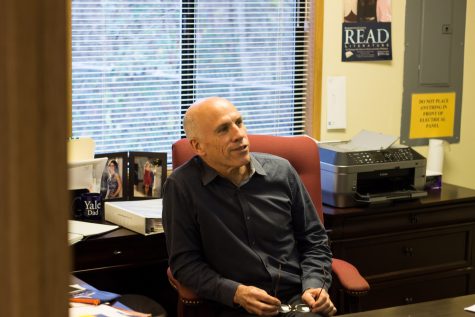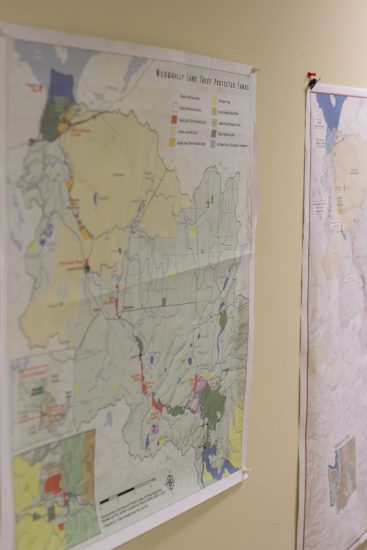
Community
21
Strategic Risks: Tips for Taking a Chance on Growth from Nisqually Land Trust
A New Approach to Preservation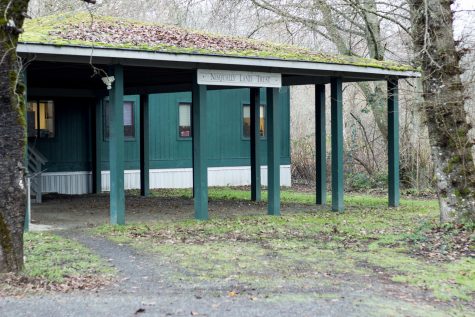
Nestled in a small corner of the Billy Frank Jr. Nisqually National Wildlife Refuge, the Nisqually Land Trust headquarters blend into the forest with weathered wood-plank walls and a moss-covered roof. It looks like the perfect setting for an agency dedicated to acquiring and managing critical lands to permanently benefit the water, wildlife, and people of the Nisqually River Watershed.
On a recent December afternoon, Executive Director Joe Kane shared that the Trust had just closed on a new land purchase, the second parcel in a new project they are developing. And what do they have planned for this 640 acres of pristine forest along the shoreline of Nisqually River and its tributaries? Logging.
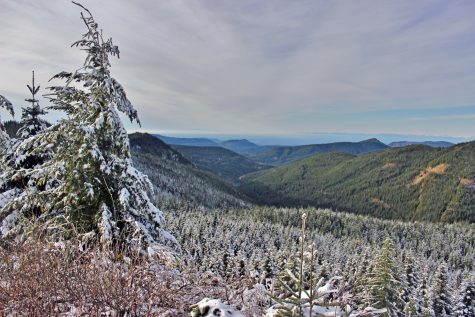
PHOTO: Nisqually Land Trust
On the surface, it may seem unusual for a preservation agency to buy land with the intent of logging. However, this project is an idea Joe and his team have been working on since 2009. They call it the Nisqually Community Forest.
This forest might otherwise be sold to timber companies for large-scale commercial logging. Instead, the goal is to log the land in a way that preserves and improves habitats for salmon and other endangered species, and also provides jobs and other economic benefits for communities in the Nisqually River Watershed.
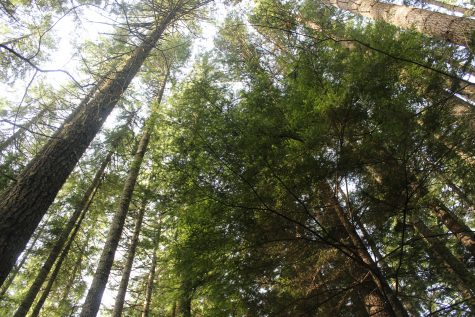
PHOTO: Nisqually Land Trust
…the goal is to buy back the forest from timber companies that have decreasing connections to the region, and manage it in a way that preserves and improves habitats for salmon and other endangered species, while also providing jobs and other economic benefits for communities in the Nisqually River Watershed.
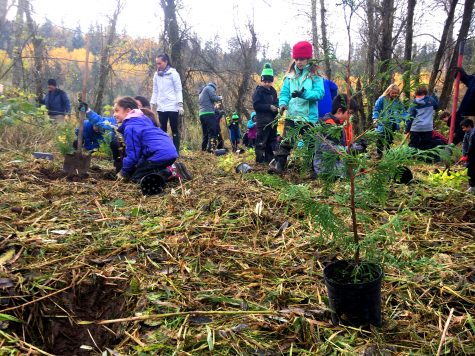
PHOTO: Nisqually Land Trust
Developing a new conservation model like the community forest is a risk for Nisqually Land Trust. Not only is there a tremendous investment of time and resources, but there is no blueprint to follow. They worked out special arrangements for the ownership, management, and inclusion of community voice.
With so much unknown and so many stakeholders involved, success is no guarantee. So far, the risk is paying off. Joe believes this idea of taking calculated risk is vital to the organization’s long-term success. He sees risk-taking as an important strategy other small organizations can utilize as they look to grow or develop new models for change in their own work.
A few of Joe’s insights for being smart about taking risks include:
1) Assign yourself the task of taking risks
“I know it’s easy to say, and hard to do, but as nonprofits we’ve got to assign ourselves the job of taking risks. We are nimble, we have fewer process regulations than governmental agencies, we can be creative, and so we should be taking risks and coming up with new models.” He also added, “Our biggest gains, and this is true in so many areas of life, have been from taking risks.”
2) Plan & Research
“You don’t just want to try an idea just to try it and hope it works…You’ve got to do your analysis, figure out what the benefits are, but also what your losses would be and determine if you can take those losses and how you would manage if it doesn’t work out.”
With the Nisqually Community Forest, an enormous amount of time went into the planning and research process. They set up a planning team with representatives from the Nisqually tribe, the Nisqually River Council, and other key entities. They also reached out to community members to develop a citizen’s advisory committee. They consulted with lawyers about the best ways to set up ownership and management structures, and brought in experts to assess feasibility and explain new tools they could use along the way. The process was over two years in the making, all while the market for land continued to move at a rapid pace.
“ if you can build in the systemic ability where you give yourself room to fail with a truly honest idea that’s really good if it goes, I think you want to do that.”
-Joe Kane
3) Know your threshold for risk
“It’s important to know what part of what you do can be the risk taking part. Here at the Land Trust I’d say it’s maybe 15-20% where we say, ok it’s going to be risky, we’re going to push ourselves here…I imagine it could be harder the bigger you are, then again if you’re smaller it could take you right out of business. Maybe there’s a sweet spot…but it just takes a good understanding of the organization and building the place where you can keep plowing along with the core stuff, while having that space where you give yourself room to try new stuff out.” “It’s easy to say break things, fail faster, blah, blah blah…but seriously, if you can build in the systemic ability where you give yourself room to fail with a truly honest idea that’s really good if it goes, I think you want to do that.”
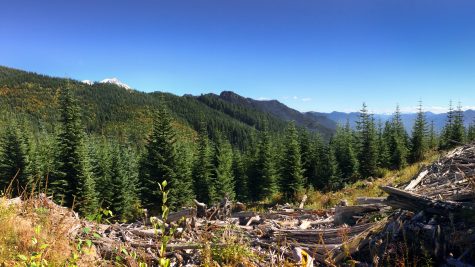
PHOTO: Nisqually Land Trust
With the goal of expanding the Nisqually Community Forest to 30,000 acres, Joe acknowledges that the biggest risks may still lay ahead of them as the prepare to go into debt financing to be able to purchase more properties over the next few years. He’s prepared for the challenge though, and inspired to see their model serving as an example for other community forest projects that are springing up around the country.
Nisqually Land Trust received a Strengthening Pierce County grant this year from Greater Tacoma Community Foundation. Strengthening Pierce County grants are general operating support funds. These flexible funds are designed to bolster smaller nonprofits who are addressing critical issues to sustain and build a stronger Pierce County.
Our goal is to support organizations with clear mission and programmatic alignment, who learn from their constituents, participate in field building activities, assess their impact, and share Greater Tacoma Community Foundation’s values.
The Final Round of Strengthening Pierce County Grants is Now Open for Applications –
Deadline Friday, January 19, 2018 4:00 PM
Greater Tacoma Community Foundation is dedicated to capacity-building, fostering peer learning among nonprofit organizations, and sharing best practices for a stronger Pierce County.
Share how you’ve made your organization stronger through taking risk on our Facebook page.
